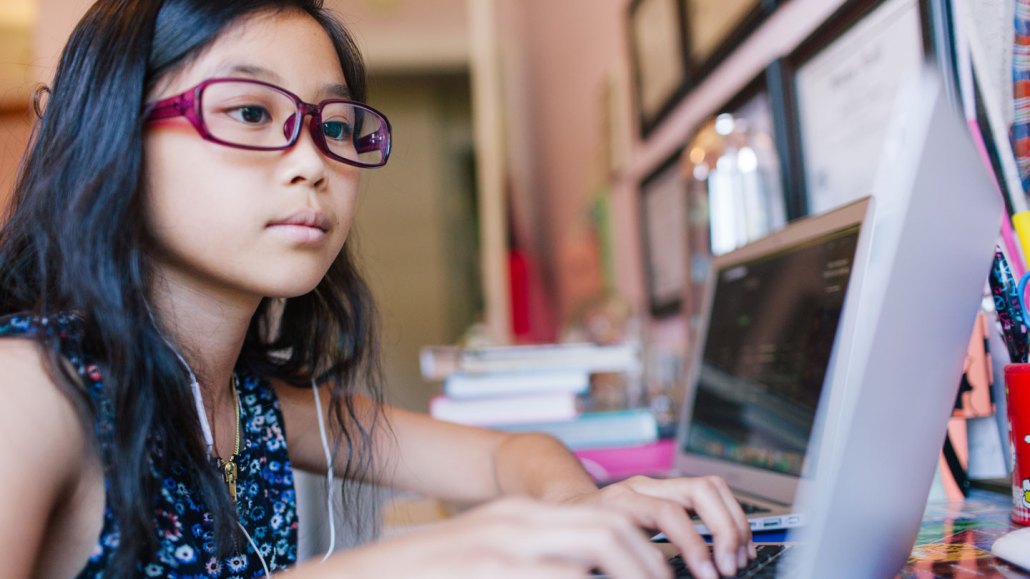algorithm: A group of rules or procedures for solving a problem in a series of steps. Algorithms are used in mathematics and in computer programs for figuring out solutions.
bias: The tendency to hold a particular perspective or preference that favors some thing, some group or some choice. Scientists often “blind” subjects to the details of a test (don’t tell them what it is) so that their biases will not affect the results.
confirmation bias: Seeking out, paying more attention to or giving overdue value to some idea, phrase, text or speech that agrees with — or confirms — what someone already thinks.
information: (as opposed to data) Facts provided or trends learned about something or someone, often as a result of studying data.
online: (n.) On the internet. (adj.) A term for what can be found or accessed on the internet.
social media: Digital media that allow people to connect with each other (often anonymously) and to share information. Examples include Twitter, Facebook, Instagram, TikTok and WhatsApp.







